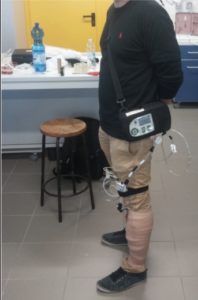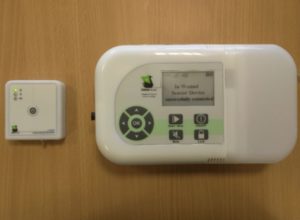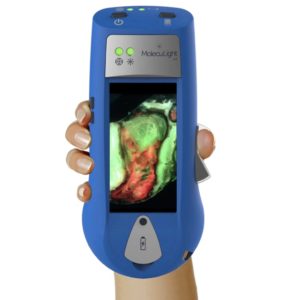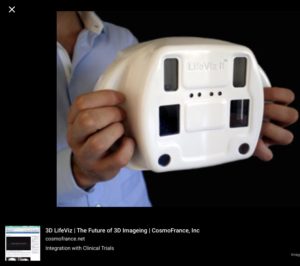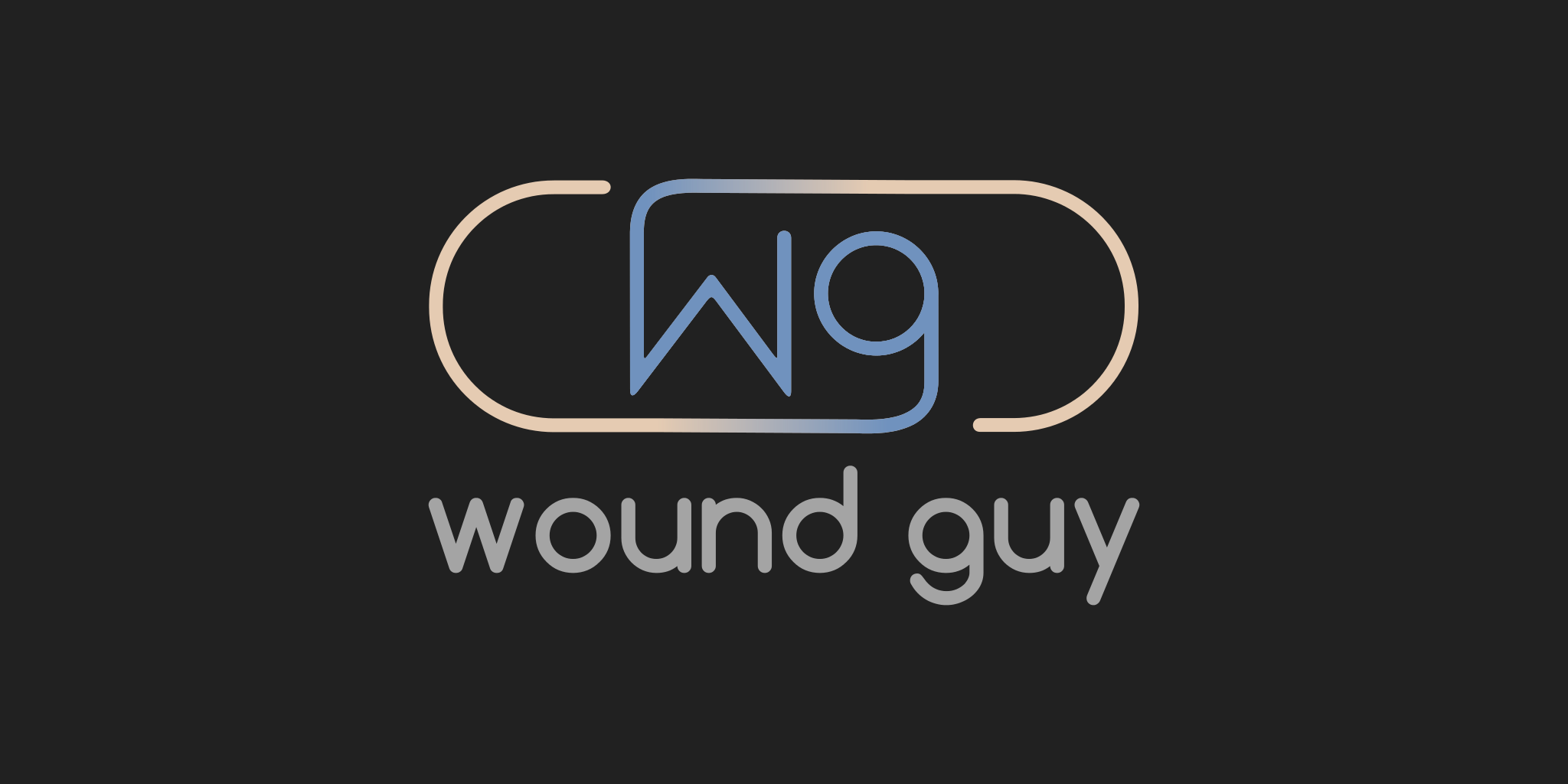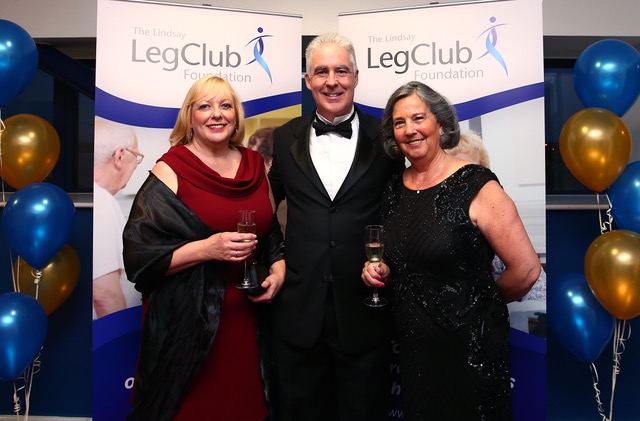2017 Lindsay Leg Club Foundation Conference : The Marco Romanelli update
Professor Marco Romanelli (Pisa, Italy) was the headline speaker on the Conference’s plenary session day. He provided a fascinating summary of the work being done to advance point of care (POC) technologies for the diagnostics and monitoring of chronic / hard-to-heal wounds. Cameras able to take a 3D photo as well as measure surface area and volume are already on the market – such as Silhouette and LifeViz. Camera technology able to detect microbial burden is also now available – Moleculite (Smith&Nephew). Technologies not yet broadly utilised include devices which use thermo-detection and/or soft-tissue electric polarity changes to detect surgical site infections and pressure injury. An exciting development currently being evaluated is the SWAN-icare tele-monitoring system which measures a wound’s pH, temperature and MMP (matrix metallo proteinase) levels in real time and can relay this information remotely to a clinician’s computer or iPhone. This allows the clinician to determine whether a wound is responding to therapy or deteriorating at any point in the care or therapeutic cycle. Therapeutics are also progressing due to scientific leaps in genomics, proteomics, biologics (Infliximab, Etanercept), engineered tissue replacements and stem cell interventions – stem cells are now being harvested from hair follicles. Together these evolving technologies are likely to provide a better way forward for the resolution of hard-to-heal wounds thereby reducing the personal and cost burden of these lesions. [Pictures of the SWAN-icare device, Moleculite and LifeViz are below]
